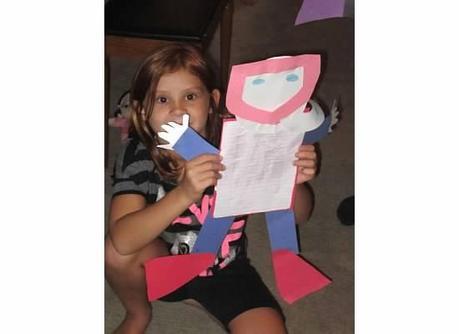
We wrapped up our ocean unit today. I feel like I could probably spend the entire school year on it and still not cover everything. But, I am finally ready to let summer and the ocean unit go! Since this was our last science workshop focusing on the ocean we did some reviewing. The children made scuba divers to write down the things they learned about the ocean this month.
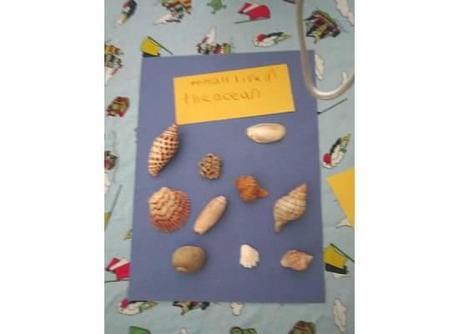
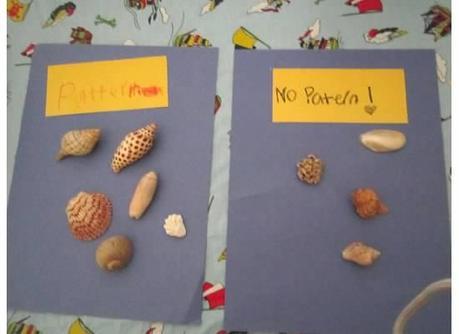
We reviewed biological classifications. I gave the children a group of shells and asked them to work together to write a rule to classify all of them in one group. Then they wrote a rule to classify them into two groups, then three etc. They made excellent scientists!
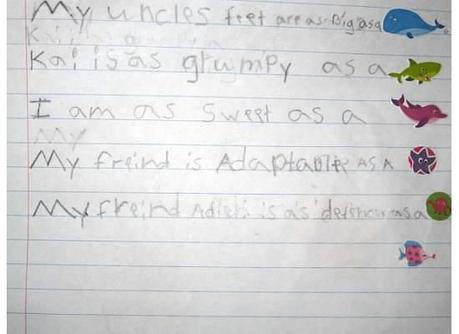
The children wrote ocean simile rebuses. They used ocean stickers I picked up from the dollar store:)
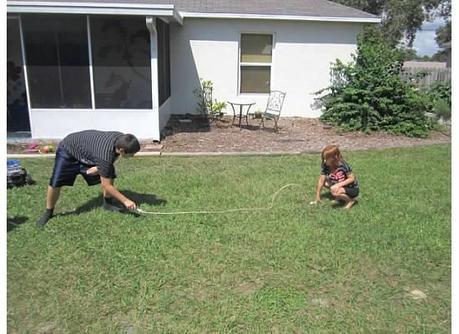
We went outside and used a jump rope to model how the energy in waves is transferred across the water, but the waves themselves do not move across the water. They had a real tough time with this concept last week, but seemed to get it after taking turns making waves with the jump rope.
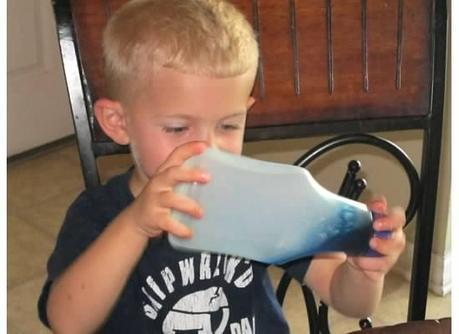
Aiden is experimenting with how waves are affected when they hit the shallow beach. This is a grape jelly bottle, but I think something longer like a ketchup bottle would have worked better.
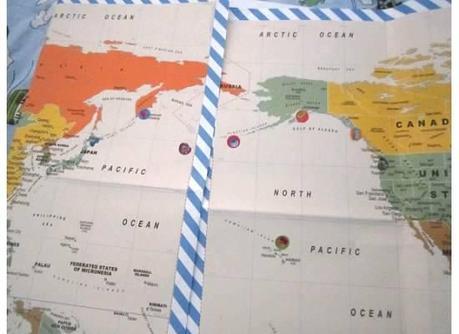
I found this amazing activity on Sea Grant Alaska. The children read a true story about 28,000 rubber ducks and other bath toys that fell off a cargo ship during a storm. The children read the article and then placed a sticker on the map in all the spots the toys washed up. Then they made inferences about the ocean's currents based on the pattern they found. If I'd been really clever I would have bought rubber ducky stickers!
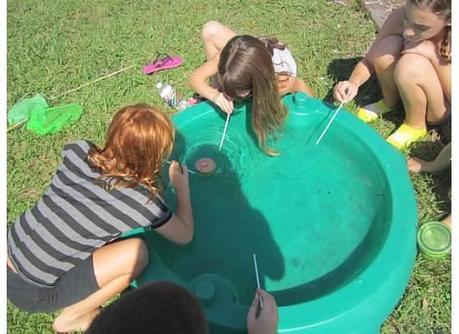
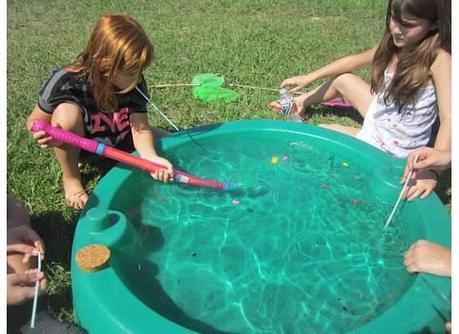
After completing our current exploration activity we headed outside to make currents of our own. The children used straws to make wind and blow various items across the water. Then they used the water pencil looking thing to make underwater currents. I dropped plastic sea turtles in the water so they could see how the currents helped them move.
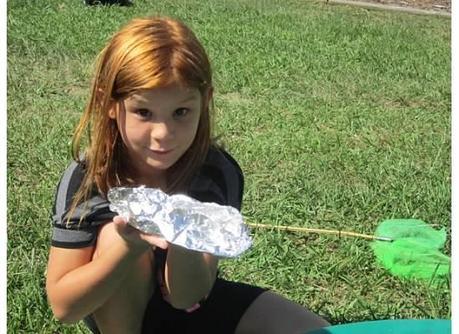
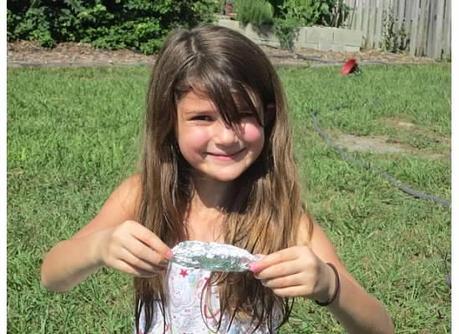
The children made boats out of aluminum foil and then experimented with how the wind and underwater currents can help or hinder boat movement.
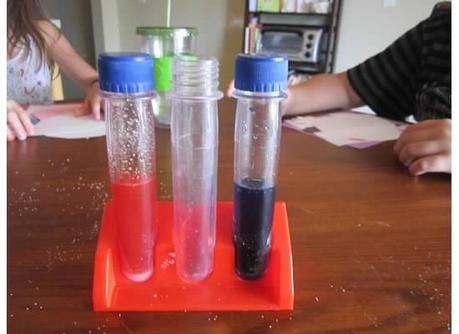
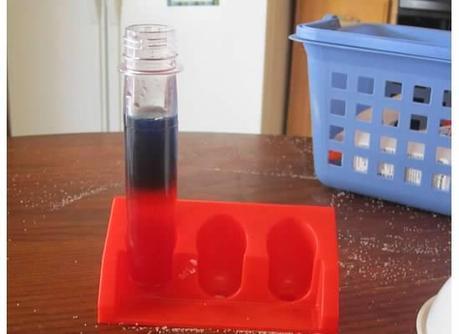
The children experimented with how fresh water and salt water interact. They filled one beaker with salt water and dyed it red. Then, they then filled the other beaker with fresh water and dyed it blue. They predicted that the fresh and salt water would mix when the freshwater was added and the water would turn purple. They were surprised that the water stayed separated.
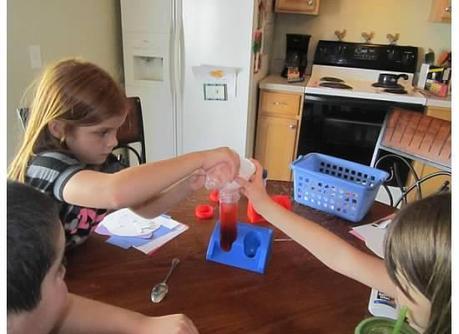
Here the children are experimenting with how cold water and hot water interact as we reviewed the temperature variants in each zone of the ocean.
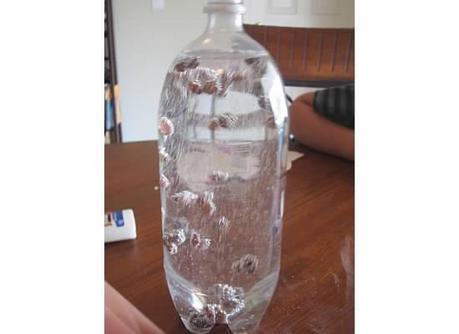
Lastly, we reviewed the zones of the ocean and how the pressure changes as you travel deeper into the ocean. We discussed how scuba divers can get the bends when they come from deep in the ocean to the surface too fast. The children dropped raisins into a soda bottle and watched as they sunk to the bottom and then floated back to the top as they became covered with bubbles. They then inferred that our blood is liquid like the soda so it may get bubbles too. This really impressed them. They wanted to watch this demonstration all day.
